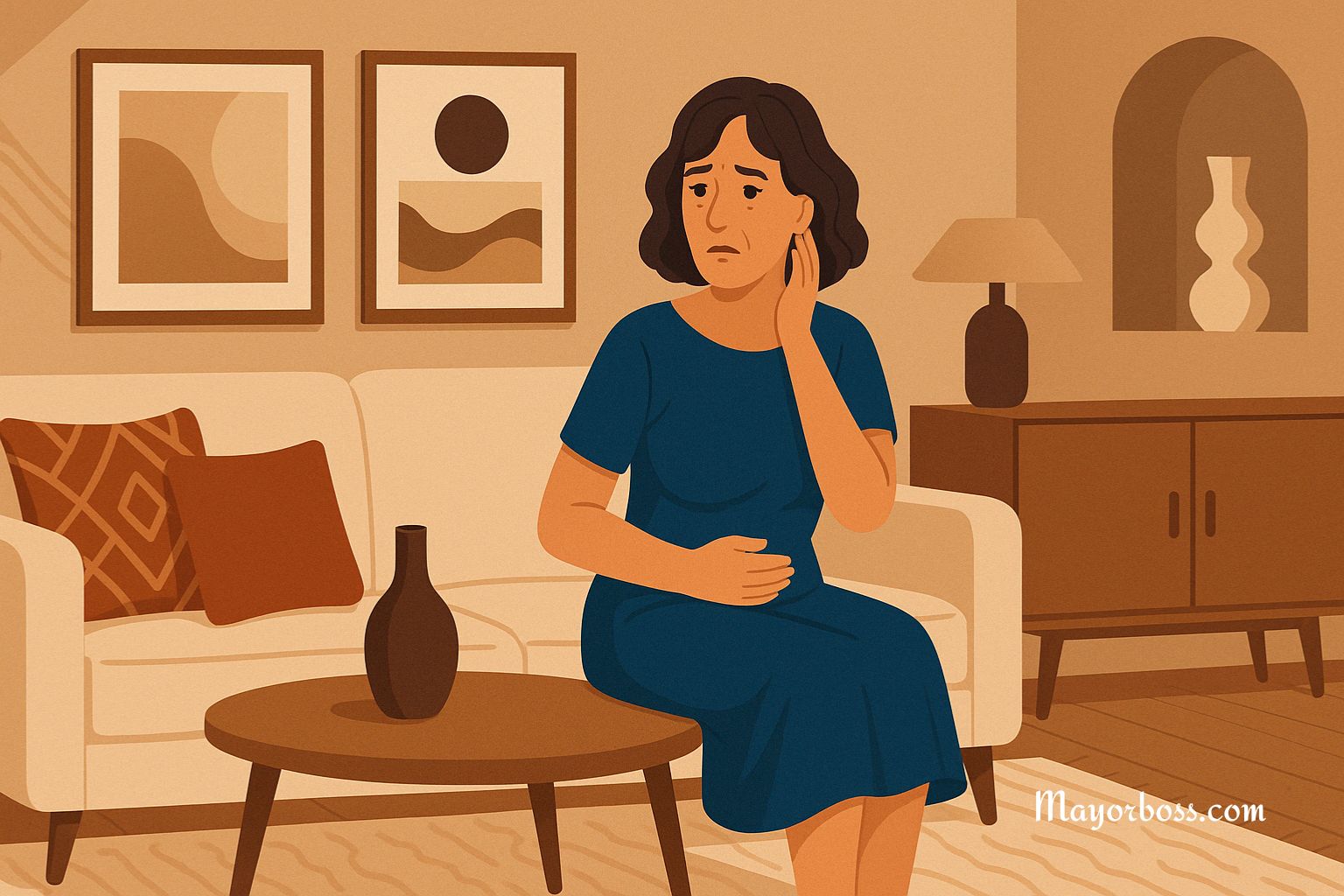Silent Symptoms of Liver Disease You Should Know
Liver disease is a silent killer. The liver filters toxins, aids in digestion, and stores energy. It works without a break. Yet early signs of damage can go unnoticed. Recognizing these silent signals can guide you to timely care.

The liver acts like a filter. It removes harmful substances from your blood. It also makes proteins that help your blood clot. In addition, it stores vitamins and minerals. Healthy liver function keeps your body in balance. In fact, it works 24/7 without a break.
When liver cells suffer damage, they cannot repair themselves well. Over time, that damage can build up. As a result, scarring can form. This condition, known as cirrhosis, can lead to serious complications. Therefore, noticing small changes in your health is important.
That said, here are the signs and symptoms of liver disease.
Unexpected Tiredness or Feeling Generally Unwell
Constant tiredness or feeling generally unwell ranks among the most common early signs of liver disease. You may feel exhausted after even simple tasks. For example, climbing stairs might leave you breathless. In addition, you could need more rest than usual. If rest does not help, consider checking liver health.
Mild Abdominal Discomfort
Pain below the ribs on your right side can hint at liver stress. Often, it starts as a dull ache. You may mistake it for muscle soreness. However, persistent discomfort that lasts for weeks needs attention. Keep track of how long you feel pain.
Changes in Urine and Stool
Next, watch for shifts in color. Dark urine can signal excess waste in your blood. Conversely, pale or clay-colored stool can show that bile flow has slowed. In either case, note these changes. Simple tests can confirm if your liver works properly.
Unexplained Itching
Itchy skin, without a rash, may feel persistent. That itch arises when waste products build up under your skin. Additionally, you may notice that it worsens at night. If creams do not help, speak with a healthcare provider.
Easy Bruising and Bleeding
Your liver makes clotting proteins. When it falters, you bruise more easily. You may also bleed longer from small cuts. For example, a minor paper cut could take days to stop. If you spot frequent bruises or heavy bleeding from tiny wounds, seek evaluation.
Swelling in Legs and Belly
Fluid can collect in your legs and abdomen when liver pressure rises. As a result, your ankles may swell. You might also notice a bulge in your belly, known as ascites. If you see tight shoes or a stretched waistband, get a medical check.
Sudden Weight Loss or Appetite Loss
Weight loss that is unexpected often links to liver damage (cirrhosis). You might also lose interest in food. This change occurs when the liver cannot process nutrients well. If you drop pounds without dieting, consult a doctor.
Confusion or Mood Changes
Your liver removes toxins that affect your brain. When it fails, toxins can reach your brain and affect its function. Consequently, you could feel foggy or struggle with simple math. In addition, you might notice mood swings or irritability. Report these changes to your healthcare team.
When to See a Doctor
If you notice one or more of these signs lasting more than two weeks, act promptly. Early assessment can prevent further damage. Your doctor will ask about your history, medications, and habits. Bring notes on your symptoms to make your visit efficient.
How Doctors Diagnose Liver Disease
First, blood tests reveal enzyme levels and clotting function. Next, imaging tests—such as ultrasound or CT scans—show liver size and texture. Sometimes, doctors use a needle to take a small tissue sample. That procedure, called a biopsy, confirms the type and extent of damage.
Steps to Protect Your Liver
Limit alcohol intake. Alcohol can harm liver cells over time. Select a balanced diet rich in whole grains, lean protein, and healthy fats. Avoid unneeded medications and supplements. Some over-the-counter products can stress your liver. Finally, get vaccines for hepatitis A and B if you are at risk.
Takeaways
Early liver damage often shows minimal signs. Simple signals—like tiredness, mild pain, or changes in urine—can guide you to care. In addition, skin itching, easy bruising, and swelling can warn of deeper problems. When you note these signals, seek medical advice. Your liver works hard for you. In turn, you can help protect it.
Recognizing silent liver symptoms ensures that you receive care before damage grows severe. Stay alert to changes in your body. After all, small steps today can safeguard your health tomorrow.
